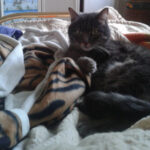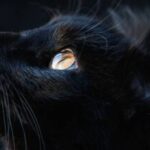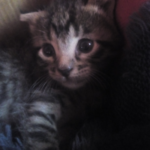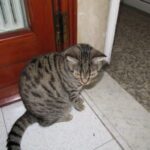October 20, 2024 Cat lovers
Many are so loyal that when one half of a pair dies, the other dies soon after, consumed by grief.
Animals are capable of loving and having complex emotions
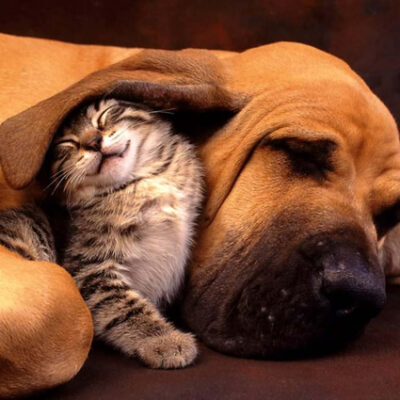
Animals, just like humans, are capable of loving their mates, their families, their children, their teachers, their friends, and, in general, anyone they deem important.
A monkey shows the same signs of love and affection to its child as a mother shows to her baby.
Both look longingly at, tickle, and play with their baby.
Both feed their young, wash them, risk their lives for them, and willingly put up with their loud and unruly behavior.
Anyone who doubts that animals love their young should stand outside a farm when a calf is taken by a cow and listen to the heartbreaking cries of agony.
Cows are known to travel dozens and dozens of miles to find the calf from which they have been separated.
Even fish will risk their lives to protect their young.
In his seminal work The Universal Kinship (first published in 1906), J. Howard Moore describes what happened when he stuck his hand into a pond near the burrow of a bass.
The brave fish guarding the lair chased Moore’s hand away several times, dying violently until he quickly removed it.
Lewis Gompertz, who lived from 1779 to 1861 and was an ardent supporter of the rights of blacks, women, and the poor (by extension, all oppressed people of his time), was also a staunch defender of animals, and was one of the founding members of the Royal Society for the Prevention of Cruelty to Animals.
In his book Moral Inquiries On the Situation Of Man And Of Brutes, Gompertz wrote :
“They have no laws, no parchments, no parsons, no fear to injuring their characters, not even their own words to break into being untrue to each other.
But their virtue is their laws, their parchments, their parsons, and their reputation; their deeds are their acts – their deeds.And from their own breasts do they honestly tear down to line the beds of their legitimate offspring”.
Gompertz also described an incident concerning the wise behavior of blackbirds.
“I observed a male blackbird flying about in an extreme state of agitation.
And on my going to discover the cause of it, the bird retreated from me as I followed it, till it stopped at a nest containing a female bird sitting upon her eggs, near which there was a cat : in consequence of this I removed the cat, and the bird became quiet.After that, whenever the cat was about the place, the blackbird would come near my window, and would in the same manner direct me to some spot where the cat happened to be stationed”.
J. Howard Moore described how monkeys can adopt orphans of deceased members of their tribe, and how two crows fed a third wounded crow.
The wound was several weeks old, and the first two crows had been caring for the third all along.
He also observed how in a flock of vicuñas, the strong males stayed behind to protect the weaker and slower members of the flock from predators.
Animal rights activists claim that when animals appear to show love, they are simply acting on their instincts.
However, evidence shows that animals are quite capable of complex emotions.
Many animals are so loyal to each other that when one half of a pair dies, the other may die shortly thereafter, consumed by grief.






